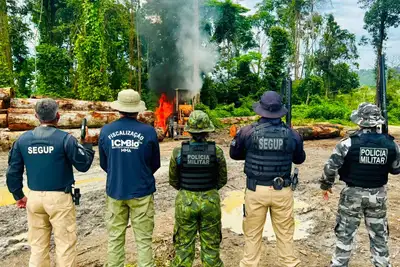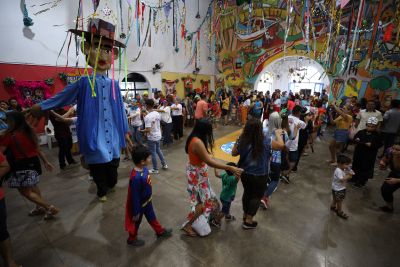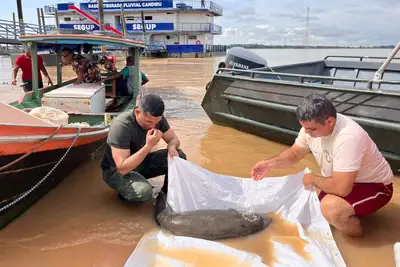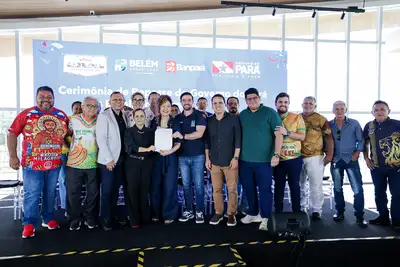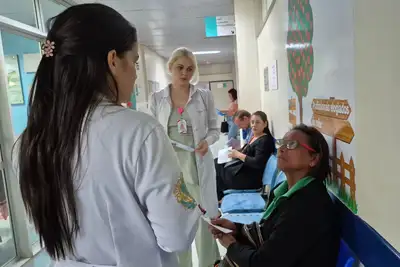Metropolitan trains team to improve identification of women victims of violence
Hospital promotes training and reinforces the unit's commitment to providing safe and humane support to victims
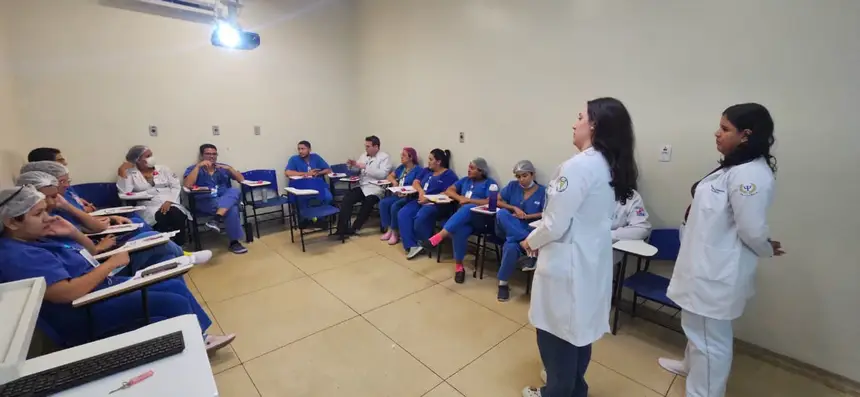
The Metropolitan Emergency Hospital (HMUE), located in Ananindeua, has been training first response teams to strengthen protocols and methods for identifying women victims of violence.
The initiative aims to raise awareness and train the unit's professionals to conduct the initial assessment and identify signs of violence at the time of reception. As the main reference in Pará for treating medium and high complexity trauma, the Metropolitan Hospital receives patients from various municipalities in the state. In this context, the unit also reinforces its social responsibility by ensuring humane and safe support for women in vulnerable situations.
The activity brought together multidisciplinary teams and highlighted the importance of recognizing situations of violence that often arrive at the hospital with other clinical complaints. Additionally, it reinforced the institution's role as a welcoming space prepared to refer each case responsibly and humanely.
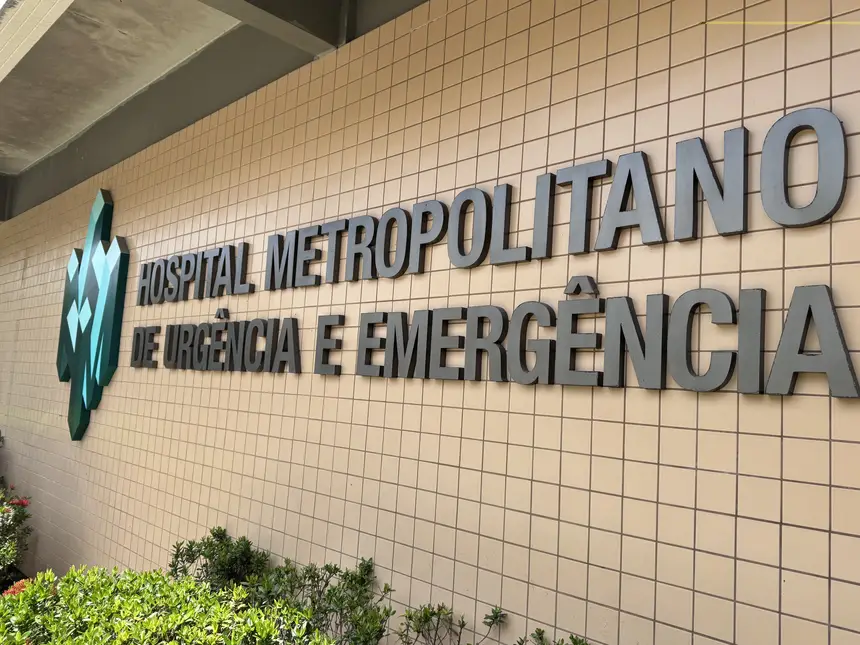
According to Natália Failache, coordinator of the Psychosocial sector at HMUE, the action is essential to broaden the perspective of health professionals and ensure that no victim is left unsupported.
“Our commitment is to provide comprehensive support. Often, violence does not appear explicitly, but through subtle signs in the patient's behavior or speech. Being attentive to these signs is the first step to saving lives and breaking cycles of violence,” she says.
The coordinator also emphasizes the importance of well-defined protocols so that care is provided quickly and effectively. “Continuous training ensures that the entire team knows how to act, from the first assessment to the appropriate referral. This coordination is essential for the woman to feel confident in the health service and find here not only physical treatment but also emotional and social support,” she concludes.
Structure – Managed by the National Institute for Social and Human Development (INDSH), in partnership with the State Department of Public Health (Sespa), HMUE has operational beds in the specialties of traumatology, general surgery, neurosurgery, internal medicine, pediatrics, plastic surgery (exclusive for burn victims), and ICU beds.
In 2024 alone, more than 600,000 services – including hospitalizations, surgeries, laboratory and imaging tests, multidisciplinary care, and outpatient consultations – were offered to patients from the Metropolitan Region of Belém and other municipalities in Pará.


